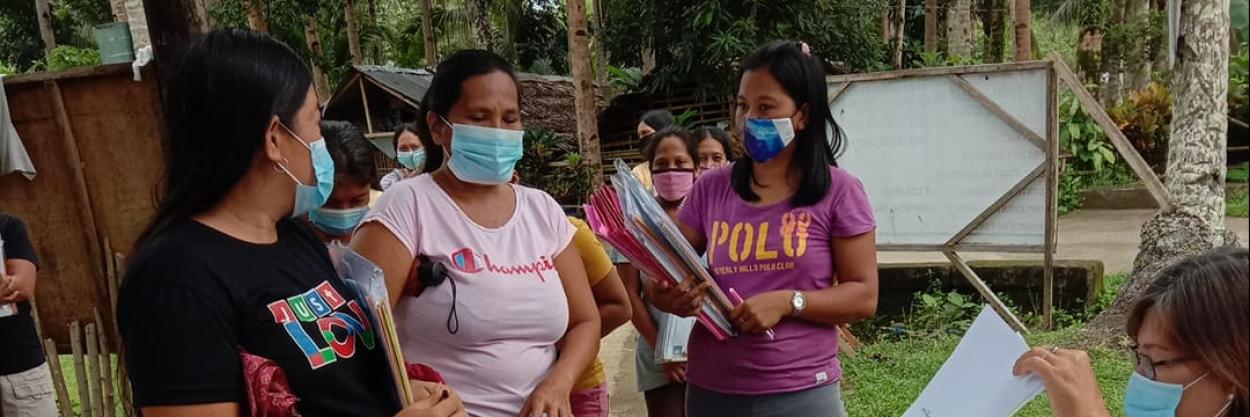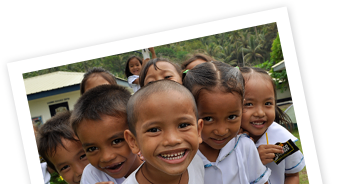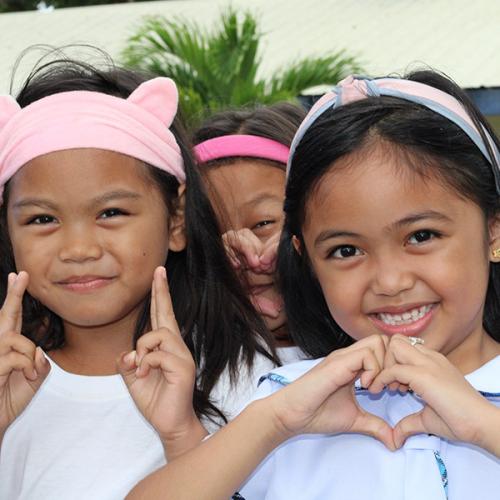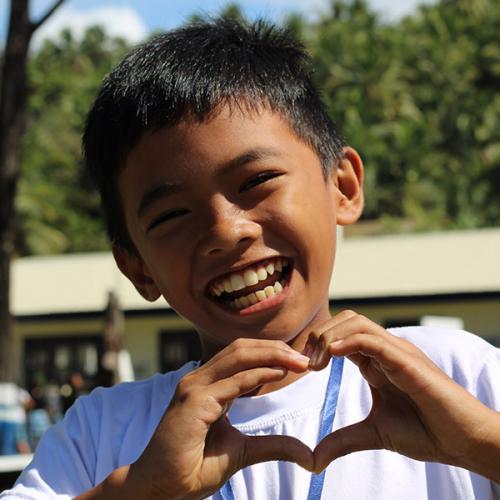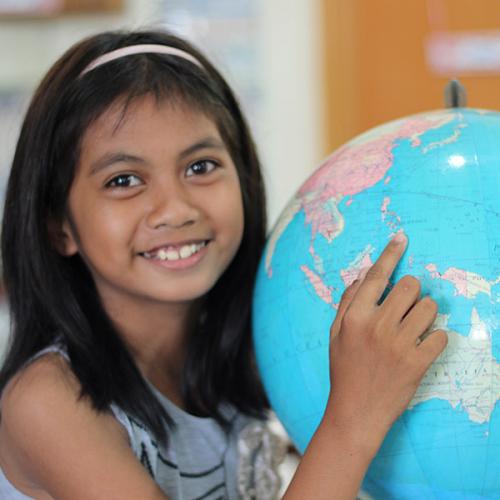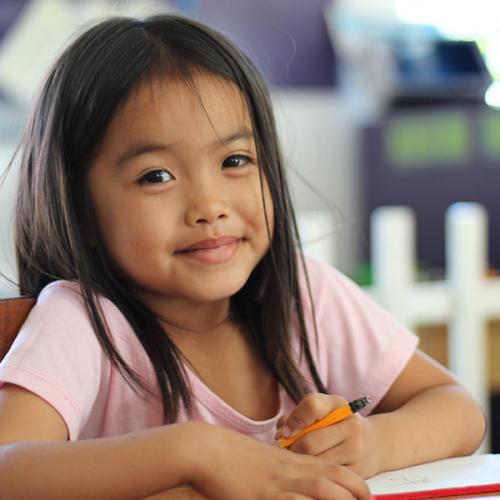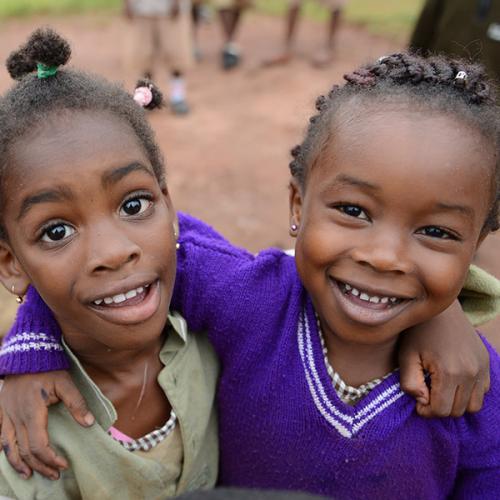Select one of many children from our schools around the world and become their hero!
Hundreds of children attend our schools around the world, from India to Central America, from South Africa to the Philippines, thanks to the generosity of our heroes.
Many women and men support us and have supported us through generous donations.
Nevertheless, only a few have taken the responsibility, the challenge, and the courage to donate regularly through our sponsorship programme.
If you feel the call to become a hero and want to commit to helping our children, check out our sponsorship programme and become one.
Your sponsorship will bring a book, a meal, a ride, a uniform, a classroom, education against bullying and many other necessary things to one or hundreds of children from our school projects.
THANK YOU for your support!
"I would really like to call on everyone to do something good every month. Thus, good things will happen to you too."
- Gery, Austria
"I support the CFF because it is important to make education possible for all people in the world. We are lucky to afford such a small monthly donation and make a big difference."
- Ede, Switzerland
"I support Child & Family Foundation because I know that education will give these children a better life."
- Anne, Norway
Choose a child and become their Hero!
- The registration of donations through the corresponding forms for each person (student) does not equate to the direct disbursement of funds to the student. The donations are managed by the CFF and allocated according to needs.

